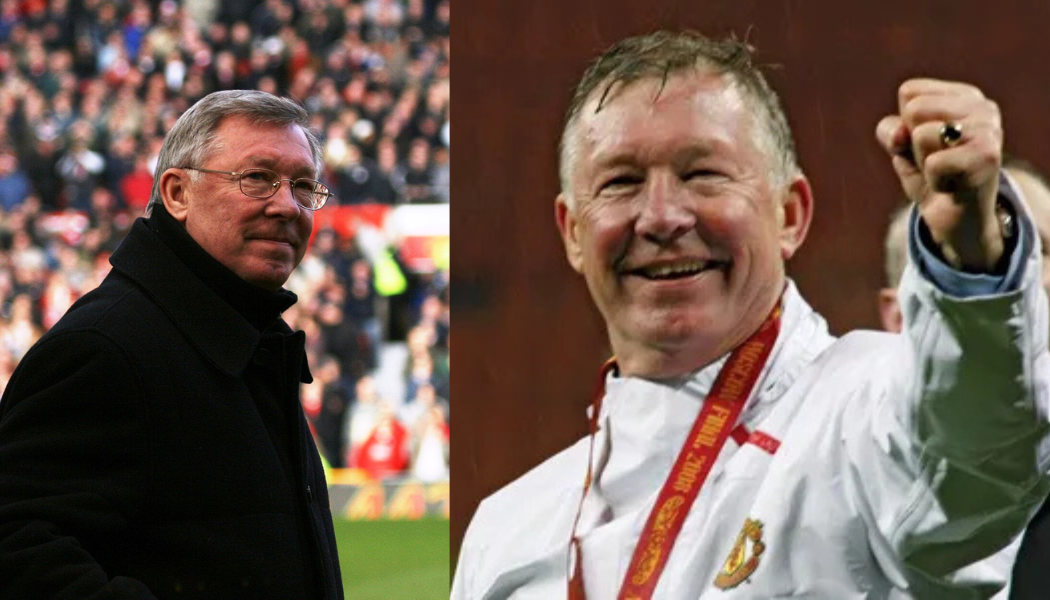Throughout sporting history, certain coaches have become defined as much by controversy as their achievements. Their decisions, behaviour or public remarks have drawn criticism and scrutiny. The following cases illustrate how some of the most accomplished coaches have been the most divisive.
Bobby Knight
Bobby Knight built Indiana University into a college basketball powerhouse, winning three NCAA championships and more than 900 games. However, his success was repeatedly overshadowed by his temper and treatment of players. In 1985, Knight threw a chair across the court in protest of a referee’s call, an incident that became symbolic of his volatility. More damaging were allegations of physical and verbal abuse, including reports of him grabbing players by the throat. After a final confrontation with a student in 2020, Indiana dismissed Knight. His career remains an example of how abusive conduct can erode a once legendary reputation.
Bill Belichick
Bill Belichick, Head Coach of the New England Patriots, is widely considered one of the most successful coaches in NFL history, holding six Super Bowl titles. Yet, his achievements have been accompanied by controversies tied to rule violations. In 2007, the “Spygate” scandal revealed that the Patriots had illegally videotaped the New York Jets’ defensive signals, resulting in fines and the loss of a draft pick. Later, during the 2015 “Deflategate” controversy, the Patriots were accused of using underinflated footballs in the AFC Championship Game. While quarterback Tom Brady was suspended, many continued to link Belichick’s program to a culture of bending rules for advantage.
Jose Mourinho
Jose Mourinho has won league titles in Portugal, England, Italy and Spain, along with two Champions League trophies. His tactical acumen is widely respected, but his career has been punctuated by disputes and disciplinary actions. He has been fined multiple times for criticizing referees and has engaged in public feuds with rival managers such as Pep Guardiola and Arsene Wenger. At Chelsea in 2015, Mourinho clashed with team doctor Eva Carneiro, publicly criticizing her for tending to an injured player on the field, which led to her departure and a widely publicized lawsuit. His ability to divide public opinion has made him one of football’s most polarizing figures.
Woody Hayes
Woody Hayes coached Ohio State University football to three national championships and over 200 career victories. However, his career ended abruptly in 1978 during the Gator Bowl, when he struck Clemson player Charlie Bauman after an interception. The punch, broadcasted nationally, led to Haye’s immediate dismissal. The incident destroyed his reputation and serves as one of the most notorious examples of a coach losing control in the heat of competition.
Don Cherry
Don Cherry coached the Boston Bruins to two Stanley Cup Final appearances in the 1970s, but his later career as a television commentator brought greater controversy. His outspoken remarks about European and French-Canadian players drew criticism for decades. In 2019, he was fired from Hockey Night in Canada after making xenophobic comments about immigrants. Cherry’s career shows how a coach can remain a divisive cultural figure long after leaving the bench, with his rhetoric overshadowing his early coaching success.
Mike Keenan
Mike Keenan earned the nickname “Iron Mike” for his demanding and abrasive approach to coaching. He guided the New York Rangers to a Stanley Cup in 1994, ending a 54-year championship drought. However, his authoritarian style produced frequent disputes with players and executives. Keenan resigned from the Rangers only days after their championship win, clashing with team management. Similar conflict followed him to other teams, leading to a career marked by short stints despite undeniable success.
Alex Ferguson
Sir Alex Ferguson is regarded as one of football’s most successful managers, leading Manchester United to 13 Premier League titles and two Champions League victories. His career, however, was not free of controversy. Ferguson was known for his fierce clashes with players, journalists and referees. He had high-profile disputes with stars, including David Beckham — famously striking him with a kicked boot in the locker room in 2003 — and later with Roy Keane, whose blunt criticism of teammates led Ferguson to end his United career abruptly. Ferguson also frequently criticized referees publicly, earning multiple fines and touchline bans. While his achievements are unmatched, his authoritarian leadership style often generated as much conflict as it did success.
—
These coaches achieved greatness in their respective sports, but controversy became inseparable from their identities. Whether through rule violations, verbal and physical altercations, or public disputes, their careers demonstrate how authority in sport can easily spill into misconduct. Their legacies remain complex: celebrating victories yet of debated for the ways in which they were achieved.

